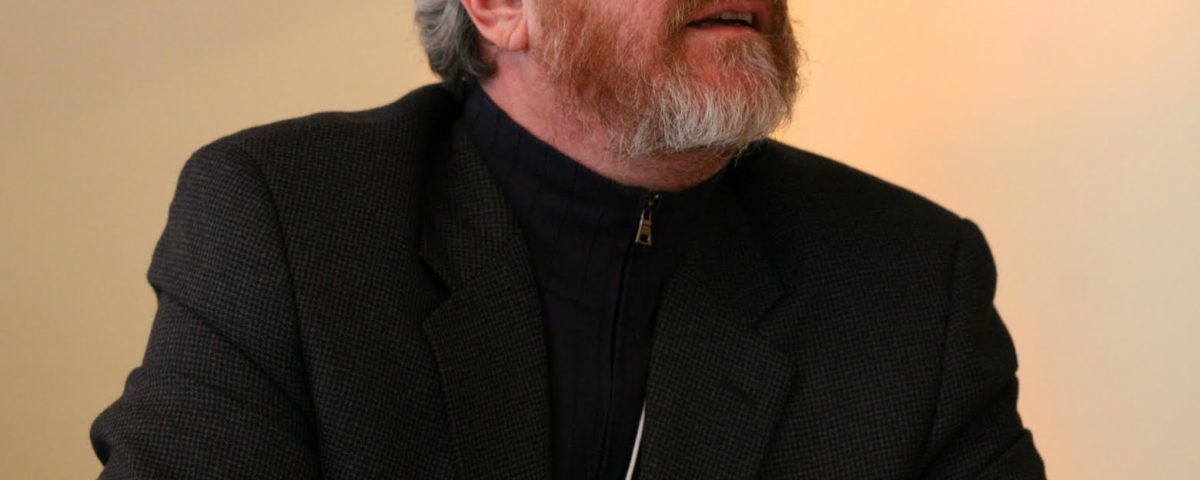Who is Who in Privacy, Chapter 6: Alex Pentland
Alex «Sandy» Pentland is one of the most renowned scientists in Computer Science, he helped create the MIT Media Lab (it is worth following the link and visiting their website) and is currently Director of the Connection Science and Human Dynamics laboratories in the Massachusetts Institute of Technology.
Pentland authored in 2009 a document on data mining of mobile communications that is one of the basis on which the RGPD was developed.
In 2014 he already declares that data does not belong to the organizations that collects it, and proposes a New Deal on Data, a new social contract for data. He was a forerunner in understanding what the Internet of Things meant for personal data. In the interview he retells an episode at the Davos Forum: Nest (owned by Google) explained that they could know what temperature was in a specific bedroom and if the user went to the living room, the resulting reaction was “over my dead body”.
El País Retina recently published an article by Javier Cortés that collects his statements in an interview prior to the presentation of a book in the BBVA OpenMind portal (which also deserves a visit).
The article start with a phrase that has already been transcribed in this blog many times: ” if what they offer you on the internet is free, then the product is you”. But he adds later (I quote the text of the interview): “Citizens should create data cooperatives to be protected from companies and governments,” he summarizes. Organizations that collect and analyze citizens’ data anonymously to fight for their interests, and should not be managed by private companies.
DocToDoctor was created with that same philosophy, to be an entity of doctors that keep information independent of data companies and public bodies that consider us mere data collectors , where there’s no respect for our work or our memory.
If we do not save and protect our data, others will do it instead. With other interests, to exploit them commercially or scientifically.
DocToDoctor is based on an ethical idea, we protect doctors, patients, and their data, because we HAVE to do it, without profiting from them. And it is not easy to independently survive the Big Pharma, Hedge Funds, banks or other big operators – data devourers.
We depend on our users willing to do what they should do.
But the future is ours.
You can read the full interview in El País Retina here.

